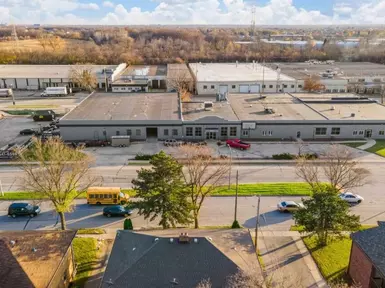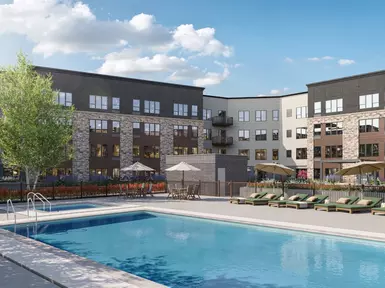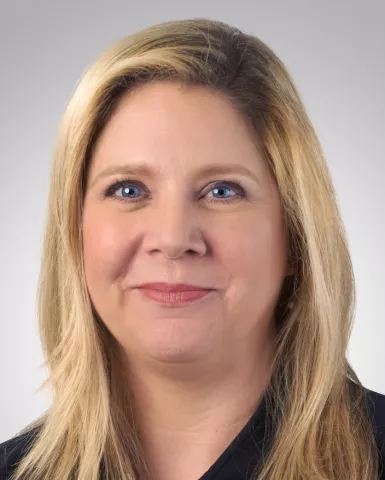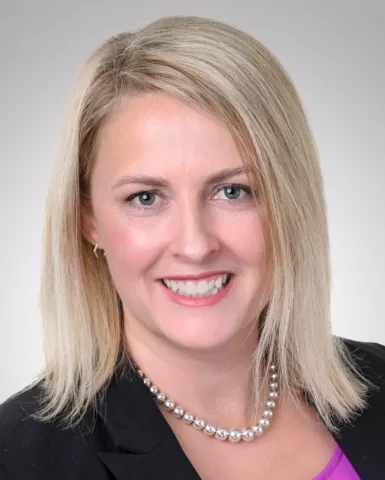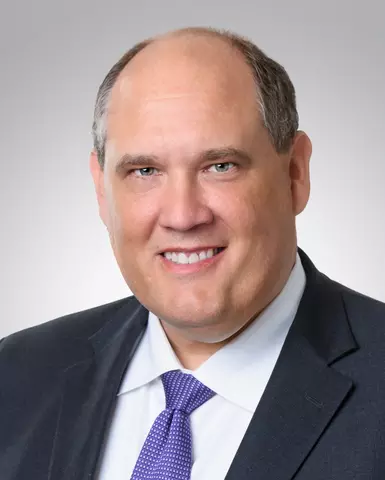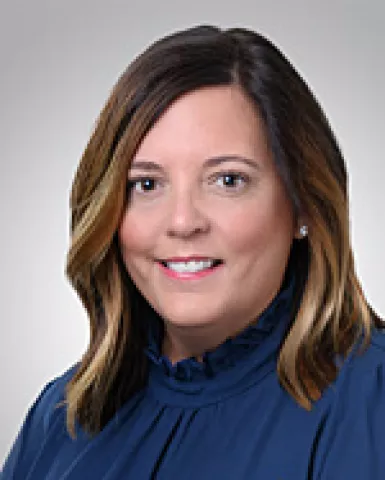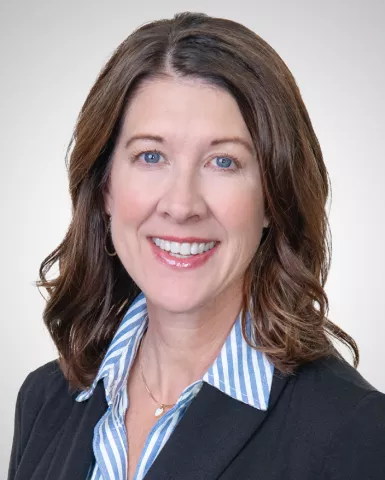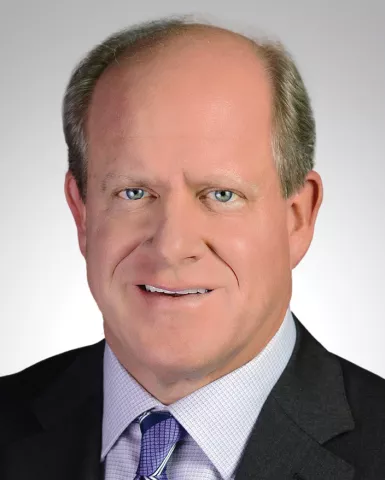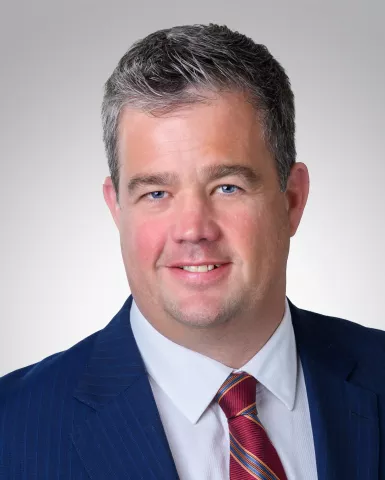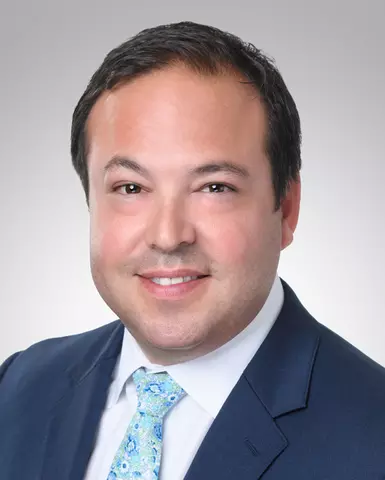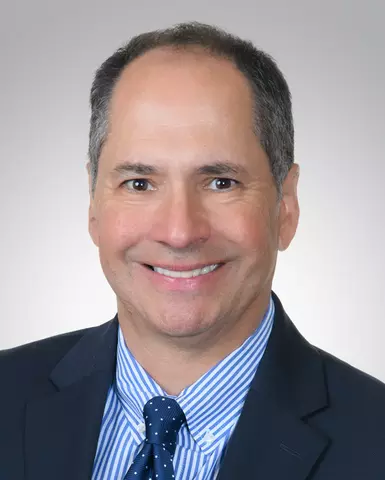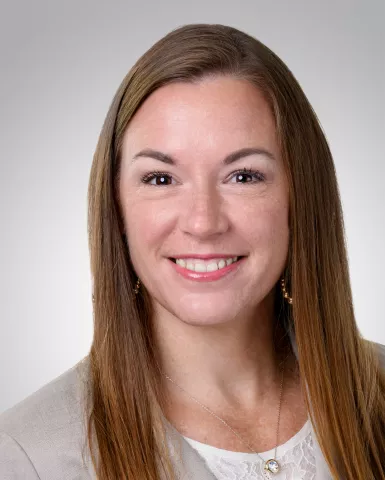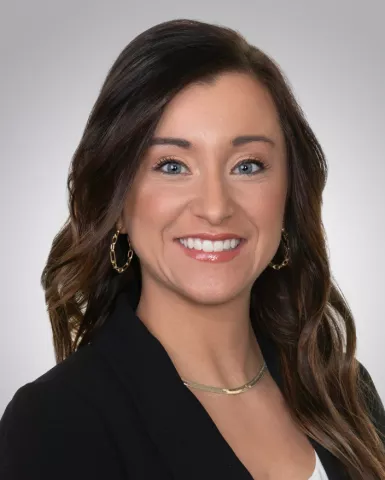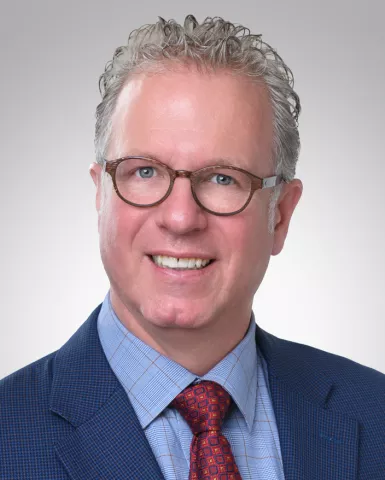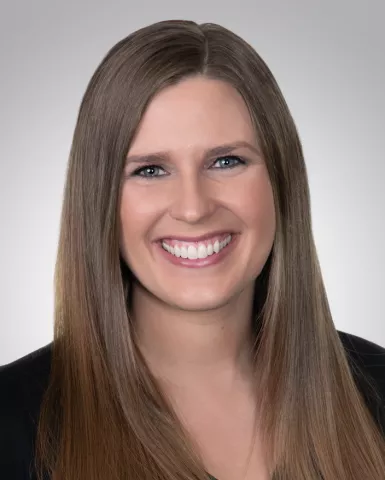Are you looking for a commercial real estate expert to assist with your next acquisition, disposition, or financing requirement? You’ve come to the right place. Headquartered in the Twin Cities, Northmarq’s local Minneapolis team is comprised of investment sales and debt and equity professionals committed to ensuring an efficient and hassle-free experience. Also located in our main office is a talented group of loan servicing professionals tasked with maintaining and servicing all aspects of our extensive portfolio. Our fund management team calls our Twin Cities headquarters home as well.
On behalf of our investor clients, we’re proud to leverage our broad network of lending partners to arrange commercial real estate loans for every property type, from retail and healthcare, to multifamily, industrial, and more. Our in-house multifamily investment sales experts can also assist with transactions of any kind, including 1031 exchanges or complex portfolios. Our experts cater to a wide range of investors as well, including individuals, developers, and institutional owners. Additionally, we are a direct Fannie Mae, Freddie Mac, and FHA/HUD lender.
Contact us today to learn about all our commercial real estate services. We look forward to working with you!
